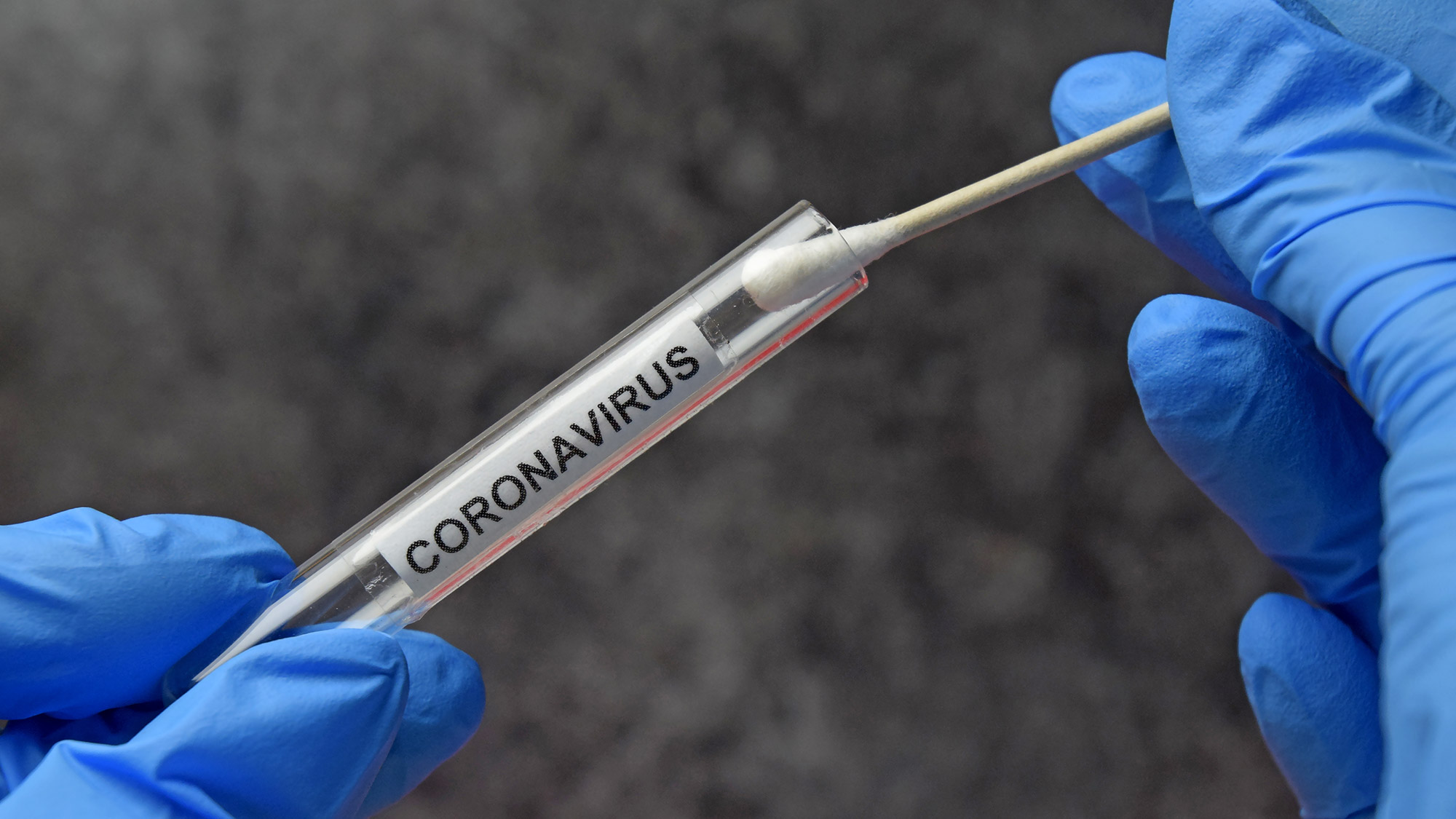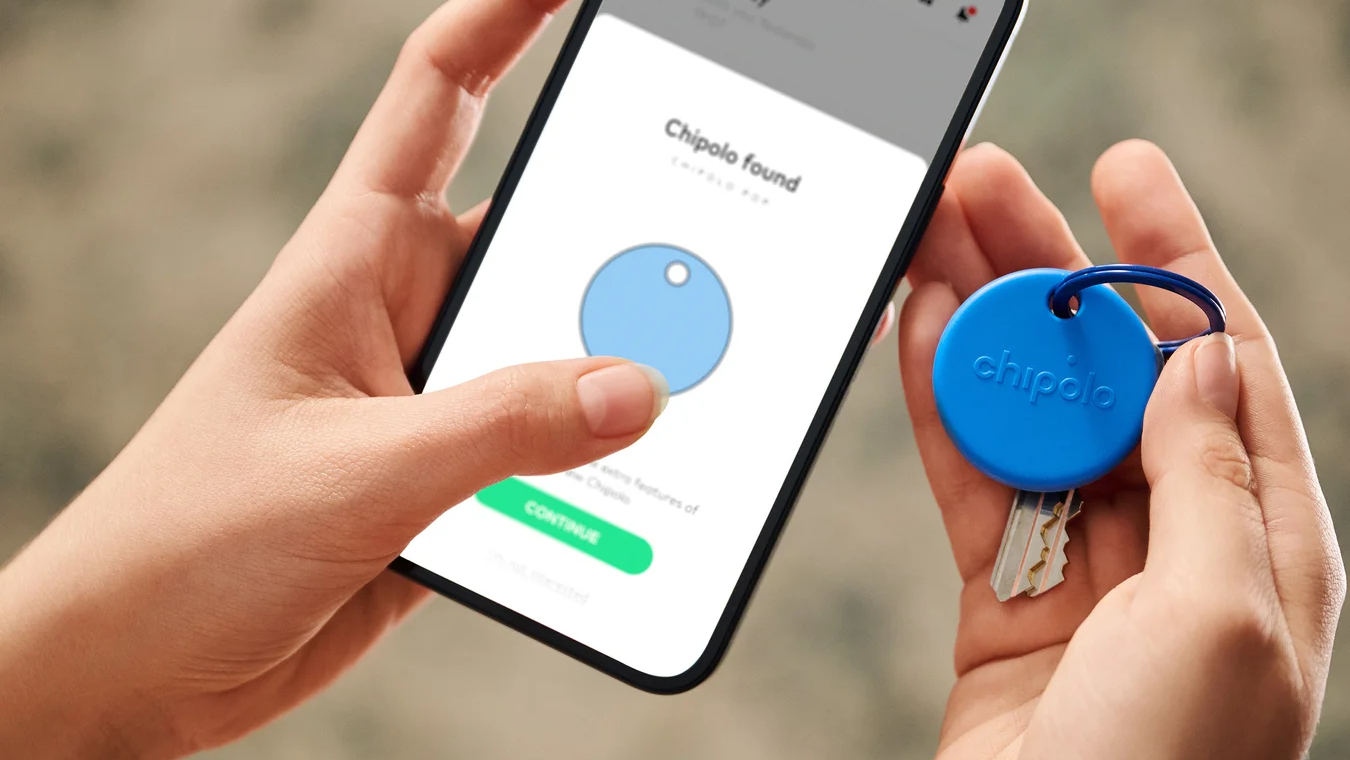
A coronavirus home test kit developed by UK researchers could yield COVID-19 test results in just 30 minutes and cost a mere $5 per person.
Scientists at Brunel University London, Lancaster University and the University of Surrey collaborated to develop a device uses a person's throat or nasal swabs to detect COVID-19, the universities said in a joint statement.
- Coronavirus drive-through testing locations: A state-by-state guide
- Coronavirus maps: Track COVID-19's spread
- Your iPhone can now screen you for coronavirus via Siri
Extensive testing has been cited as a reason why South Korea has had success in mitigating its coronavirus outbreak. But many other countries have not been testing at such a high rate. In the US, New York City has clamped down on testing for health care workers if they don't have symptoms, due to shortages of key test materials.
The new COVID-19 home test kit uses a hand-held, battery-operated device that costs around $120 with individual swab kits that cost around $5. The test is based on existing technology used in the Philippines for testing viral spread in chickens.
An individual's set of six swabs are inserted into the device, which returns results through a smartphone app in 30 minutes, the researchers explained. So, the swabs do not need to be processed in a lab, which may be backed up.
If someone is diagnosed as positive for COVID-19, the researchers claim that the app will track down and alert all people who had close contact with the person in the last 14 days.
And since this test is portable and does not require a lab, it could be used by people in self-quarantine and by people in remote areas with little access to healthcare.
Sign up to get the BEST of Tom's Guide direct to your inbox.
Get instant access to breaking news, the hottest reviews, great deals and helpful tips.
It’s unclear when, or even if this test will be available in the UK, the US or worldwide. In the UK, it will have to approved for use by the Medicines and Healthcare products Regulatory Agency (MHRA), the UK equivalent to the Food and Drugs Administration in the US.
“Normally, anything like this would have to go through clinical trials,” Brunel University London’s Professor Wamadeva Balachandran said. “But this is not a normal situation."
The professor added that there's limited time to stop the virus spreading and that speed is essential. "With local hospitals’ help, we aim to do a limited number of tests with available positive and negative samples," said Balachandran.

Kelly is the managing editor of streaming for Tom’s Guide, so basically, she watches TV for a living. Previously, she was a freelance entertainment writer for Yahoo, Vulture, TV Guide and other outlets. When she’s not watching TV and movies for work, she’s watching them for fun, seeing live music, writing songs, knitting and gardening.
